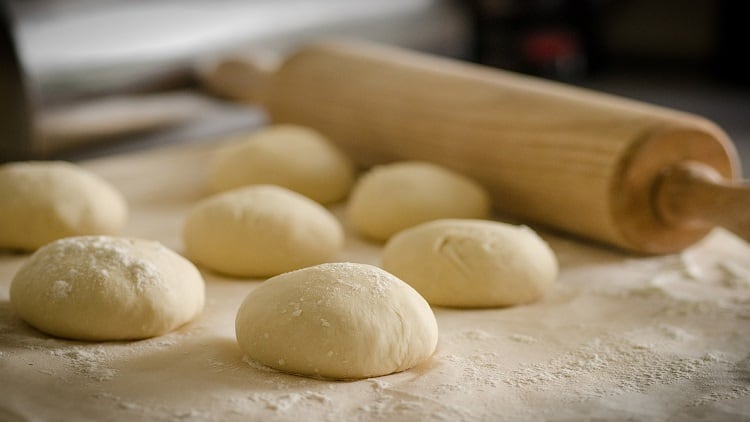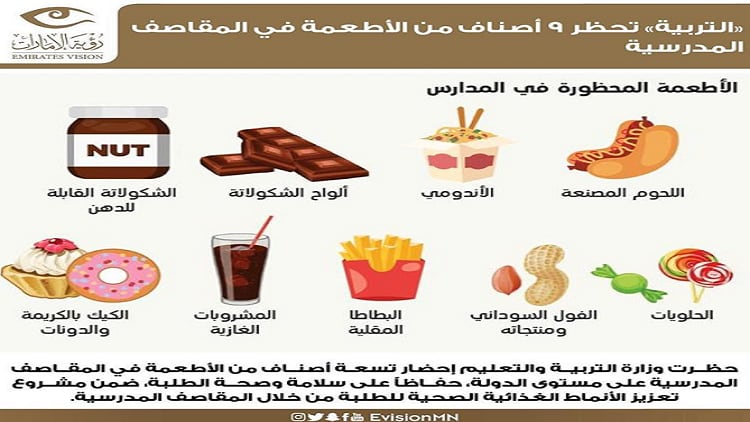It follows a workshop for state and private food processing firms conducted by representatives from the World Health Organisation (WHO) and MoPH to review and develop programmes to reduce the consumption of fat, sugar and salt.
In addition, the WHO will help identify challenges that producers face and try to find appropriate solutions.
For example, the health ministry is already working with bakeries to limit the salt use by 30% in bread production.
“The efforts of the MoPH are based on WHO recommendations to reduce saturated and hydrogenated fats, sugar and salt and prevent the risk of common chronic non- communicable diseases such as hypertension, obesity and diabetics,” local media The Peninsula cited Dr Kholood Al Mutawa, head of non-communicable diseases at the MoPH as saying.
The move to cut fat, sugar, and salt content will impact both locally produced and imported food products.
“In Qatar the results of the ‘National Progressive Non-communicable Disease Screening and Risk Factors Survey’ conducted among adults showed prevalence of hypertension, over weight and obesity is higher than infectious diseases among men and women,” she added.
The new initiative was launched in line with Qatar’s National Health Strategy 2018-2022 and the objectives of the National Plan of Action for Nutrition and Physical Activity 2017-2022.
Other initiatives
The Qatari government had implemented a 100% Selective Tax Law on “health-damaging” products, such as alcohol, energy drinks, and pork on January 1 this year.
A 50% tax was also imposed on sugary drinks.
Elsewhere in Saudi Arabia, the country’s Food and Drug Authority have also introduced a similar initiative that encourages manufacturers to cut sugar, salt, and fat content.
Companies which have pledged to do so include Kellogg’s Arabia, Mars Saudi Arabia, and Nestle Middle East.
International ingredient firms also noticed that food and beverage manufacturers in the Middle East are starting to acknowledge the need for sugar reduction.
Ingredient firm Tate and Lyle earlier said that most of the interest came from the UAE and Saudi Arabia, with rising national diabetes and obesity rates as the driving forces behind healthier food options.





